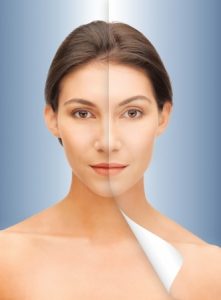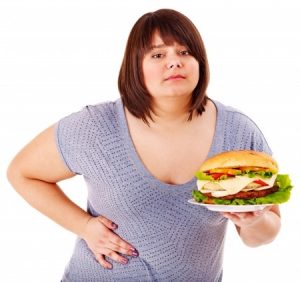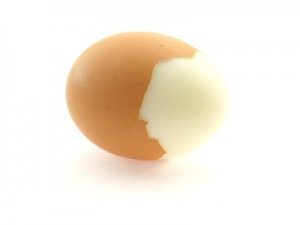
Collagen is a protein that has been around a long time, but have you’ve heard of it’s health benefits before now?
I remember my mother used to drink powdered gelatin dissolved in water; she’d buy a box of the packets at the grocery store. Her hair skin, and nails were very beautiful through 80+ years of age – and she was a smoker.
Studies show that after taking collagen supplements for a few months, you can improve skin elasticity, which lessens wrinkles and other signs of aging. Collagen makes up 90% of your connective tissue and 70% of your skin.
Collagen also supports your hair, gastrointestinal tract, joints, bones, and muscular tissue. It contains the amino acids proline and glycine, which are what primarily help strengthen your intestinal lining, and this is helpful if you have IBS or other intestinal issues.
Collagen and Weight Management

Collagen can help with weight loss and reducing body fat, too – sounds good, doesn’t it?
Researchers concluded that collagen increases a feeling of fullness, which can promote weight loss from eating less – if you feel full for a longer time after eating a meal or snack, they say that you are less likely to overeat at the next meal.
So, collagen protein promotes fullness and keeps your body feeling satisfied after a meal.
Side Effects
If you start supplementing with a collagen powder, or a gelatin powder packet, start slowly because collagen is a protein; before your body’s had a chance to get used to it, too much protein all at once can lead to bloating – so start off easy.
You always want to be cautious when introducing anything new to your daily routine. And, if you have a fish, shellfish, or egg allergy, you might want to avoid collagen supplements because many of them are made from these ingredients.
That said, it makes sense that collagen helps keep the shells firm and healthy for an egg, clam, or shrimp.

Foods With Collagen
Protein-rich foods, like meat, eggs, fish and seafood, beans, and dairy will provide your body with a range of amino acids needed to make collagen.
When your body makes collagen, it combines amino acids from eating protein-rich foods. The process also requires vitamin C, zinc and copper. You can get vitamin C from citrus fruits, red and green peppers, tomatoes, broccoli and greens, which also contain copper and the other nutrients that work together to support collagen production.
Here is a short list of foods with high amount of collagen:
- Bone broth
- Chicken
- Fish and shellfish
- Egg whites
- Citrus and tropical fruits
- Berries
- Red and yellow vegetables
- Garlic

Deep red fruits are high in the elements that provide collage.
Thanks, Mom.
_______________
If you want to learn more about healthy living and disease prevention, contact me at janethull.com. Remember that you are never alone when you are looking for good health!
Gain access to all of my online programs, ongoing support, monthly Q&A, and more by joining my Private Inner Circle Membership Program. I look forward to supporting you on your journey to alternative health and wellness.
_____________
Disclaimer: This article is for informational purposes only, and is educational in nature. The FDA may not have evaluated some of the statements. This article is not intended to diagnose, treat, cure, or prevent any disease. Please discuss with your own, qualified health care provider before adding supplements or making any changes to your dietary program.
Before taking vitamins, consult your doctor; pre-existing medical conditions or medications you are taking can affect how your body responds to multivitamins.
You have our permission to reprint this article if you attribute us with a live back-link to this article and the youtube links. https://janethull.com/